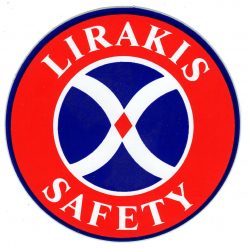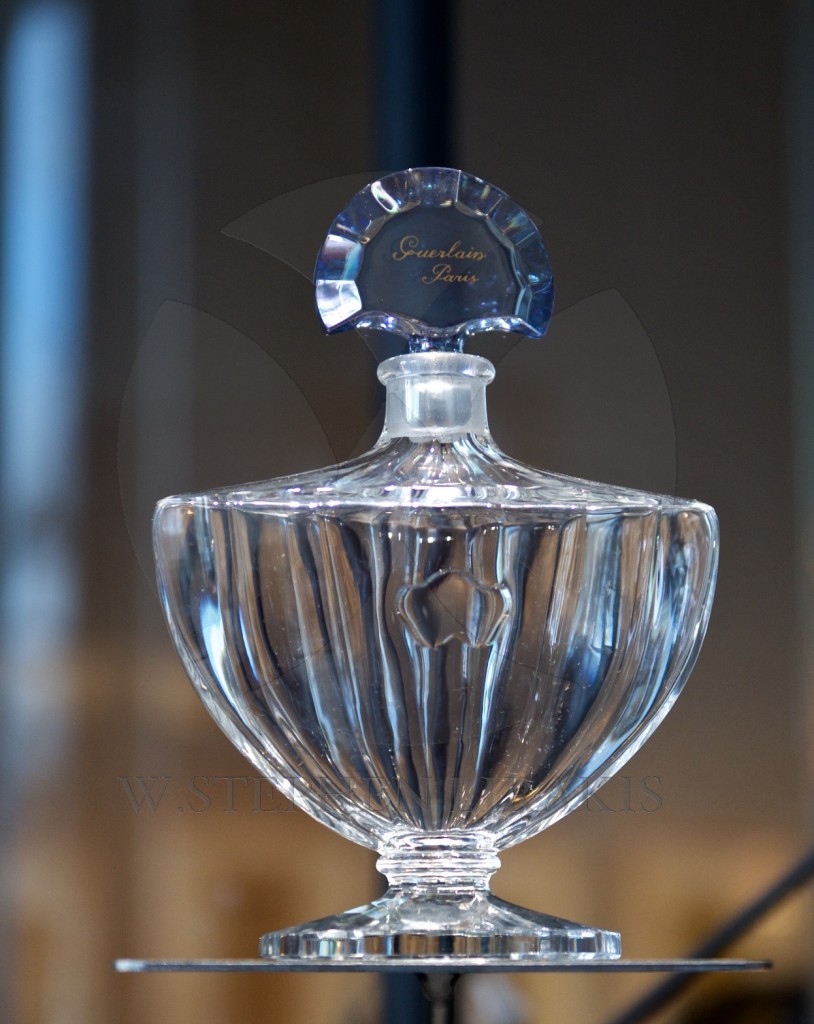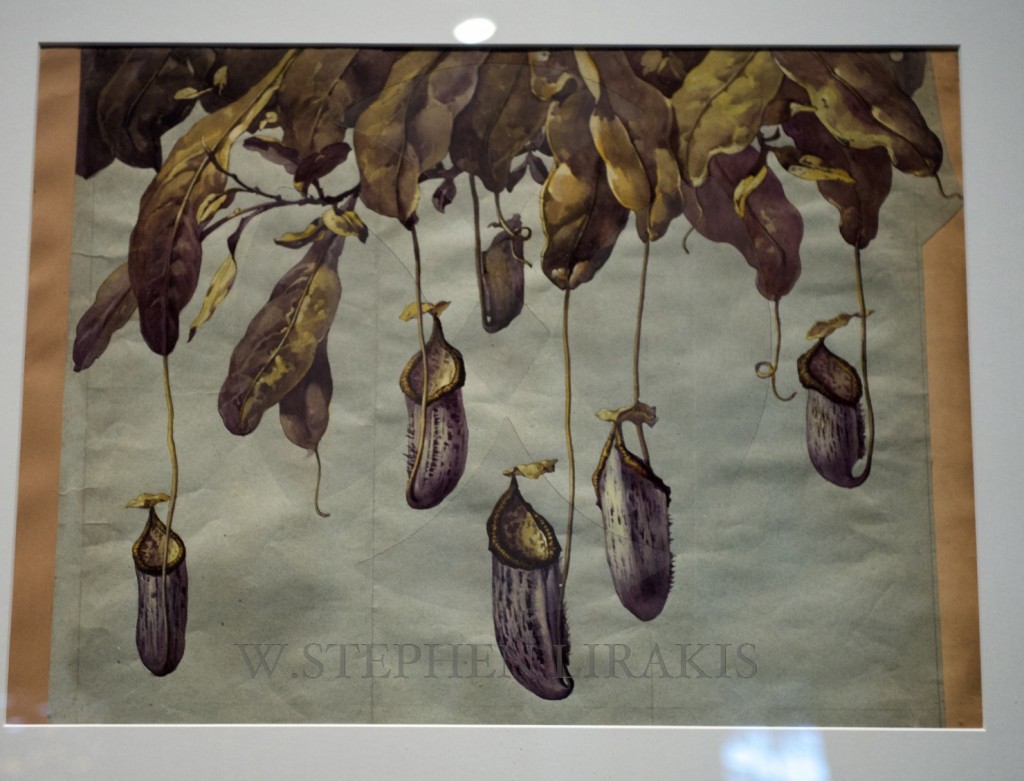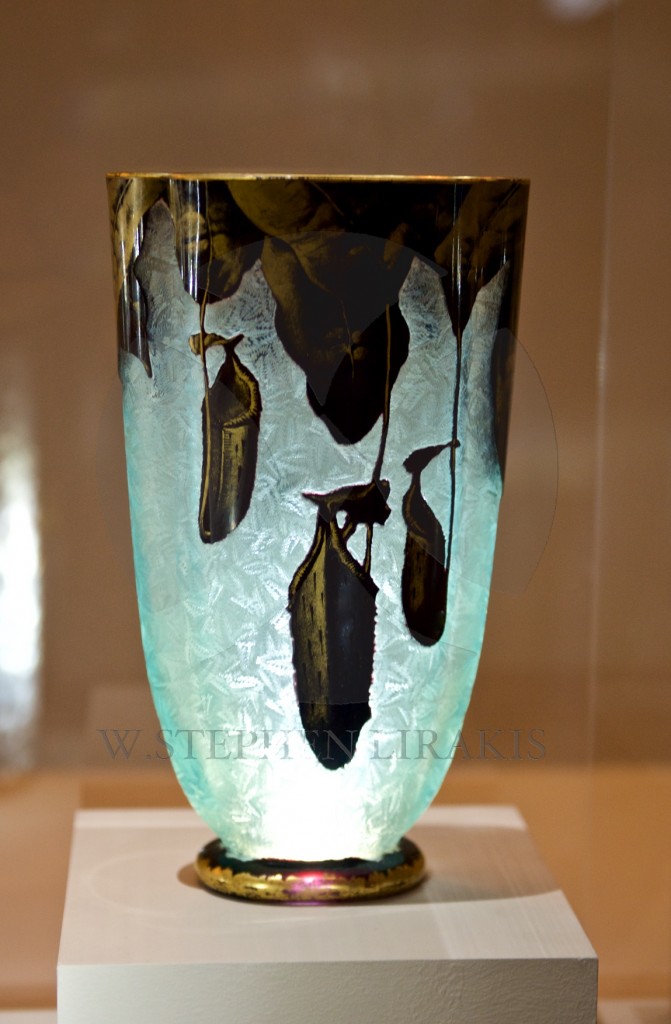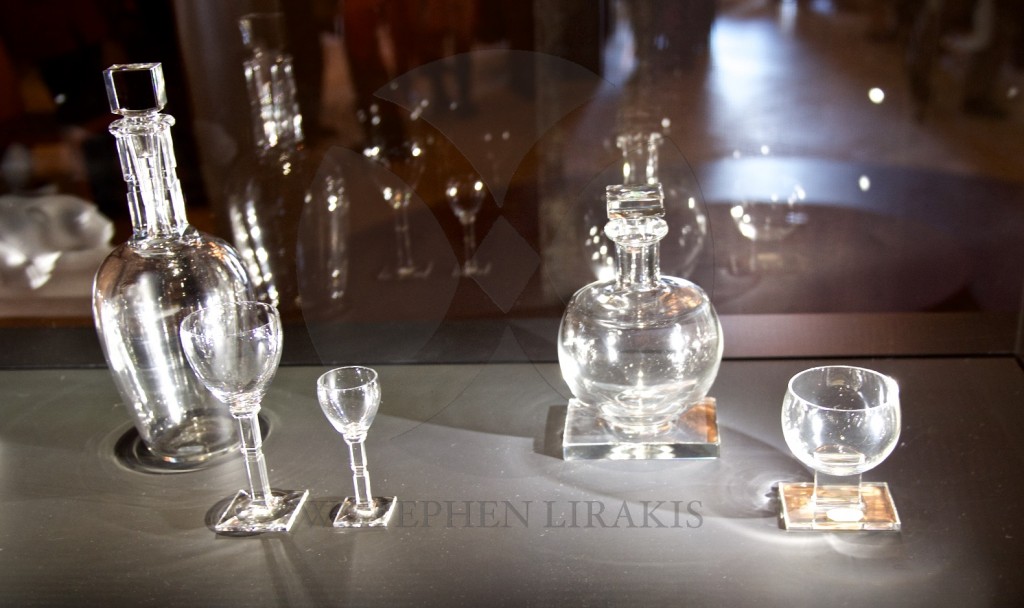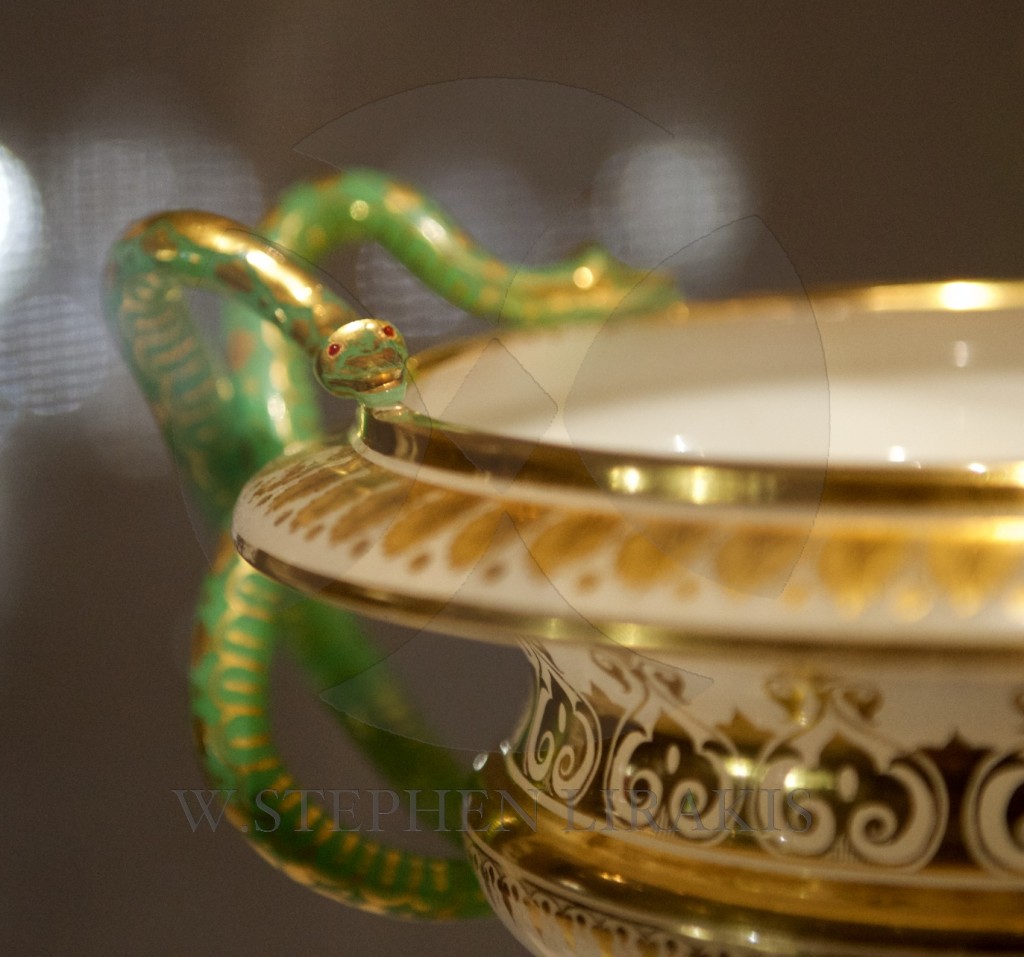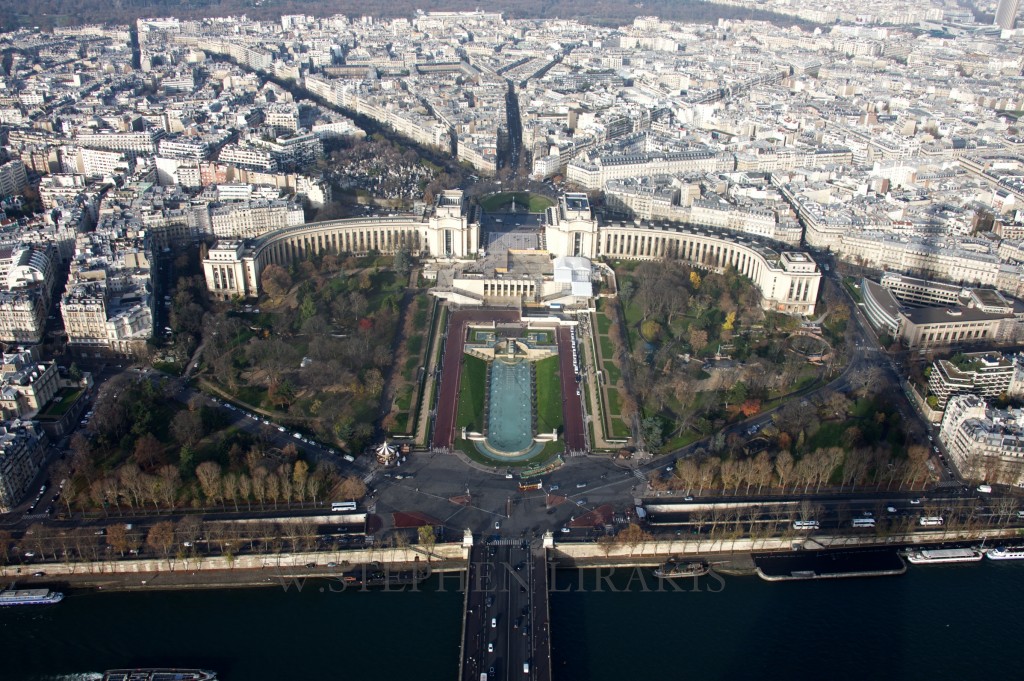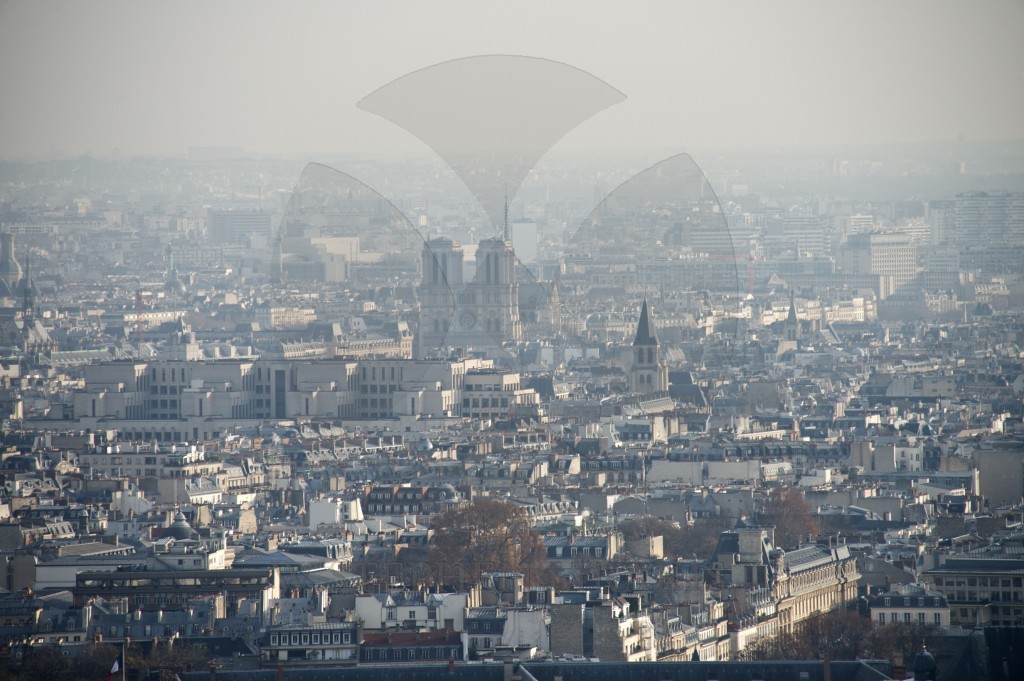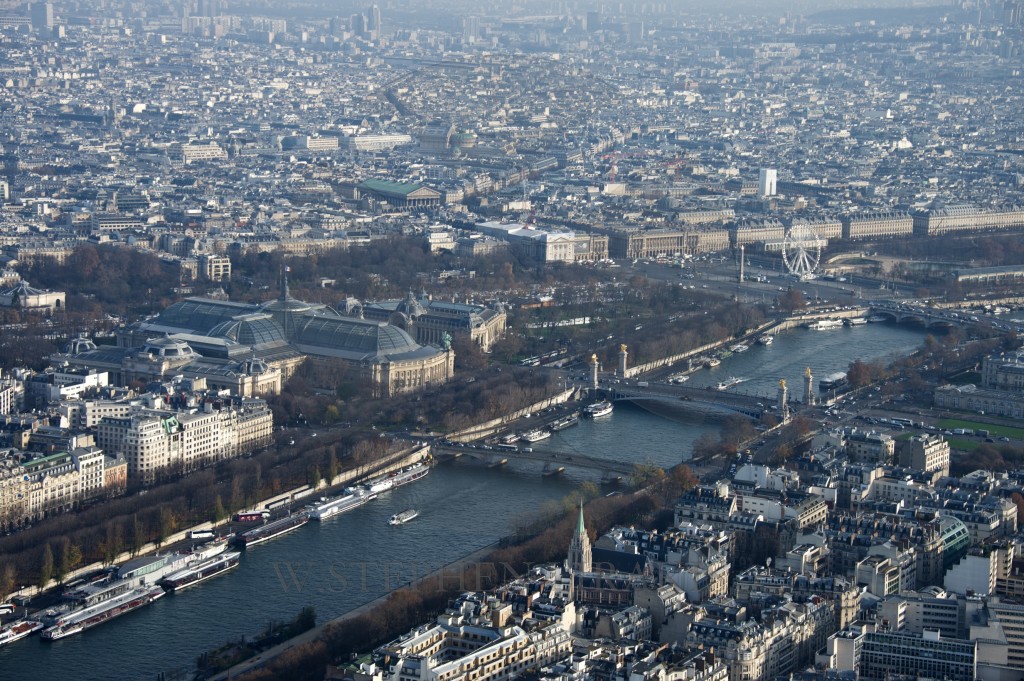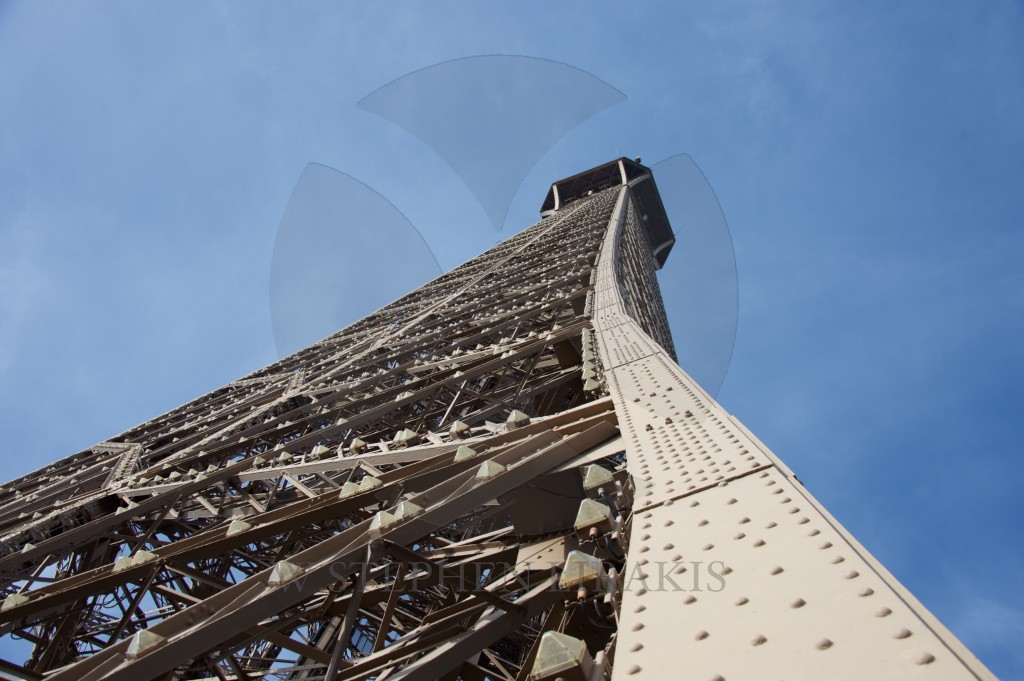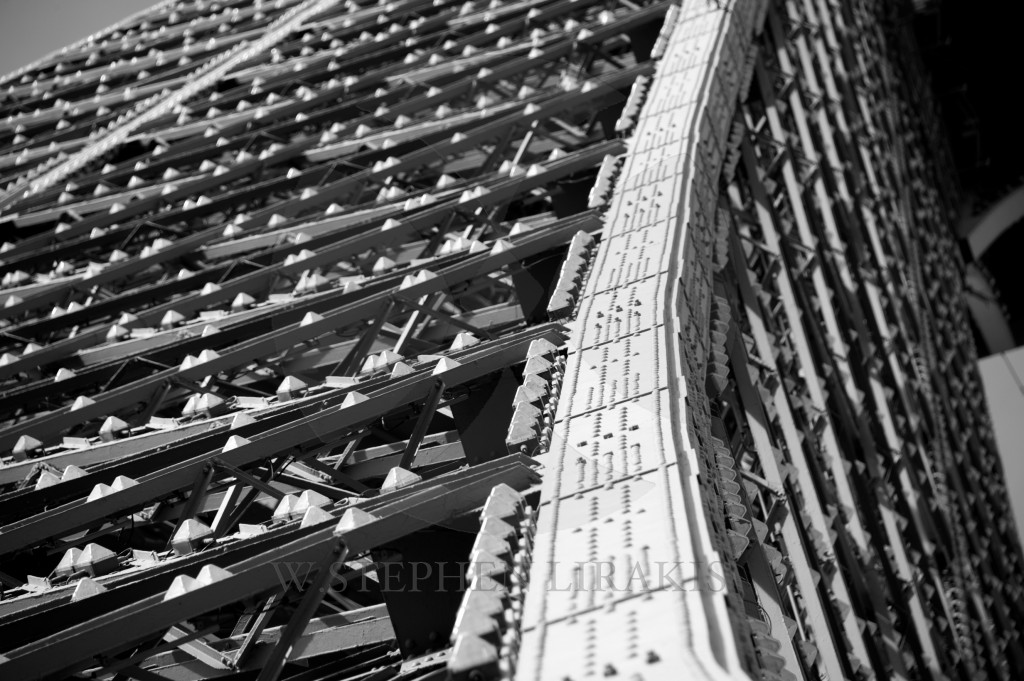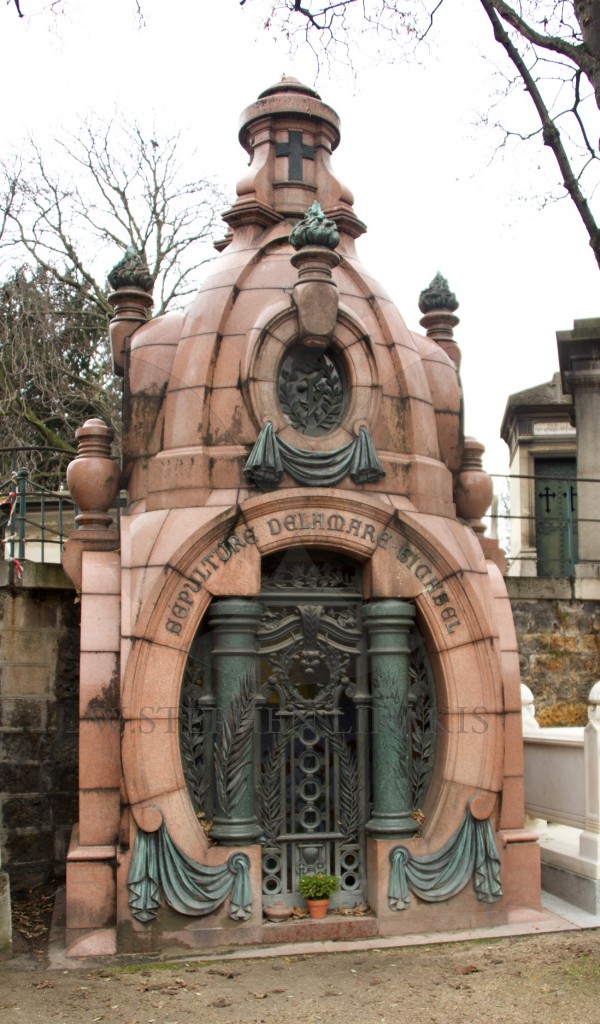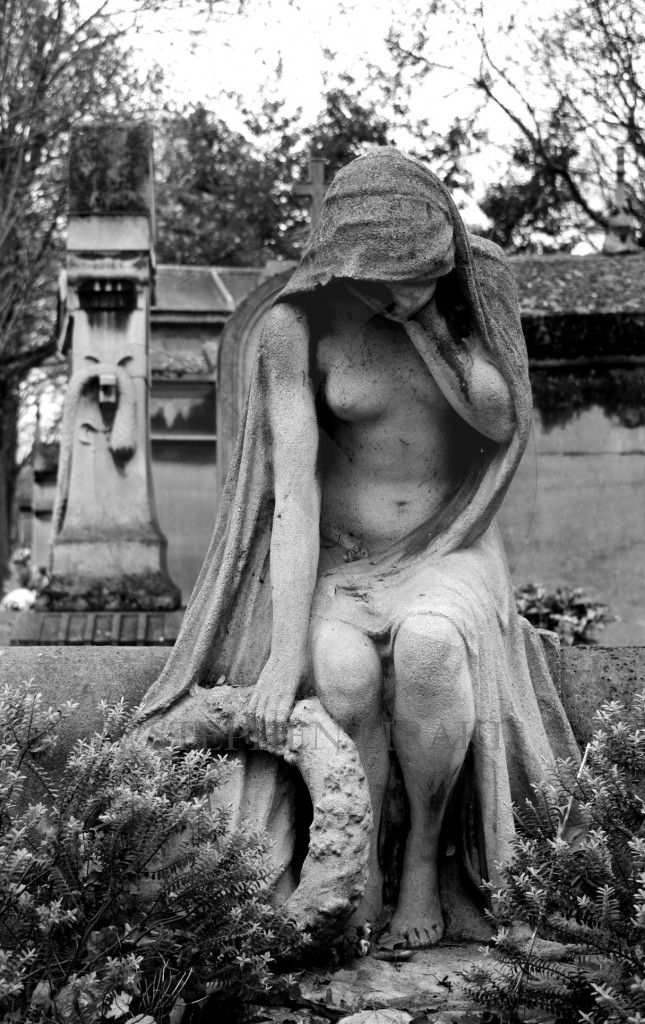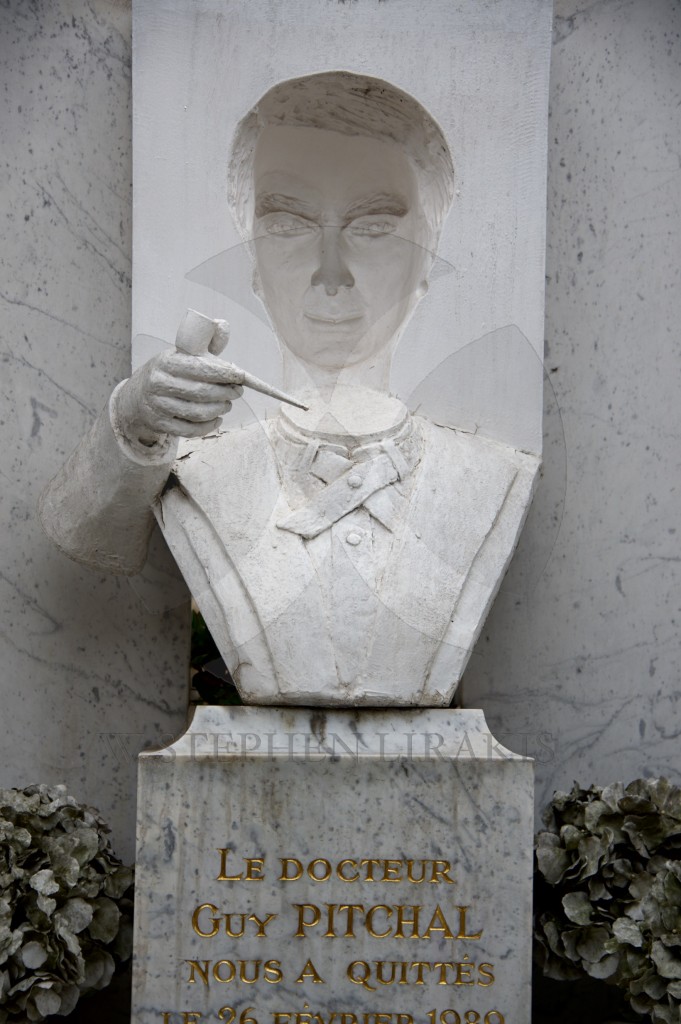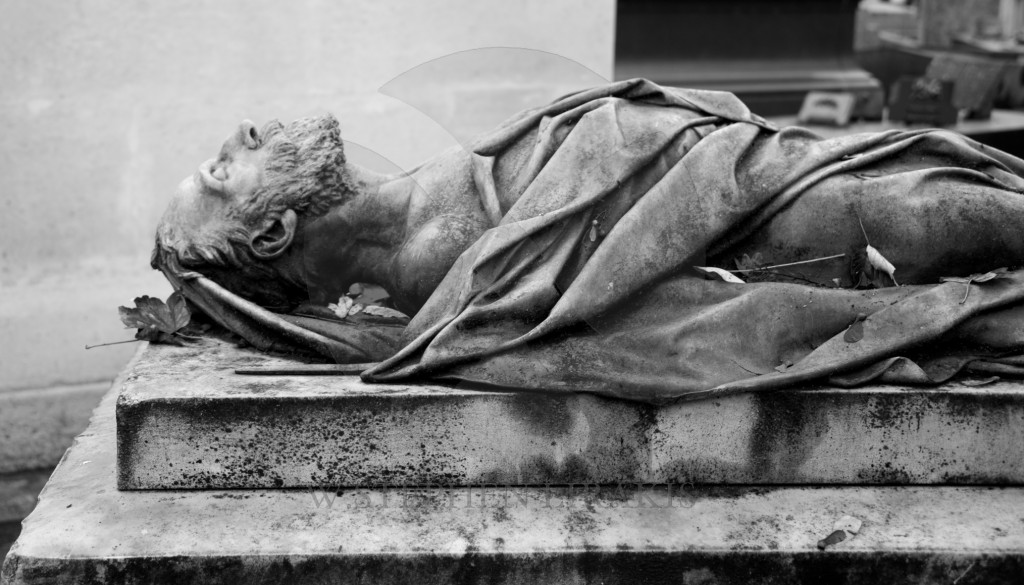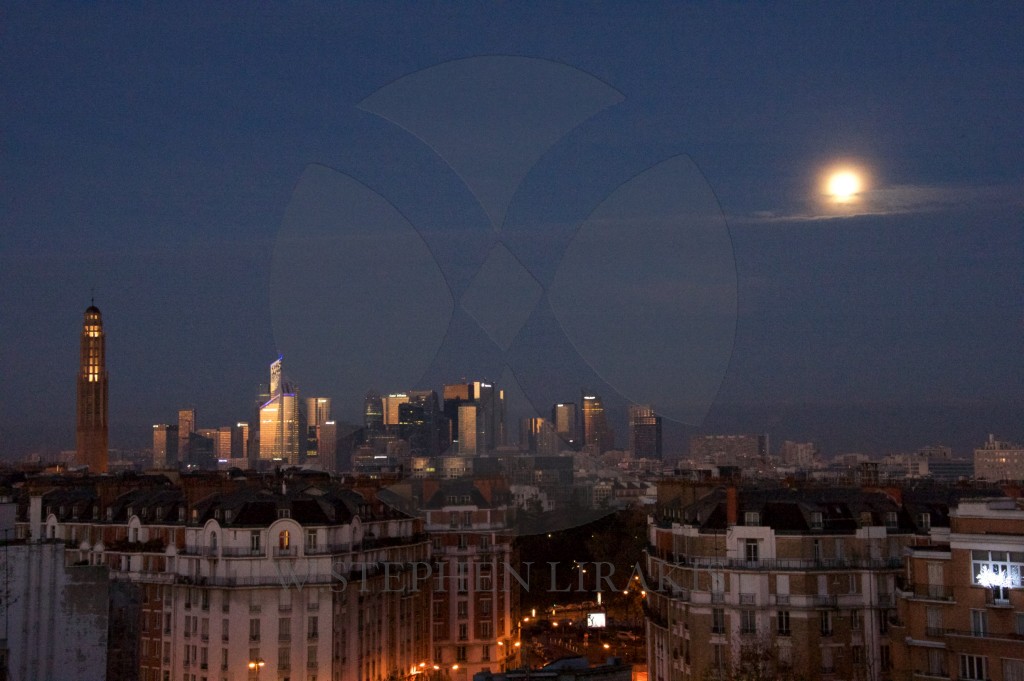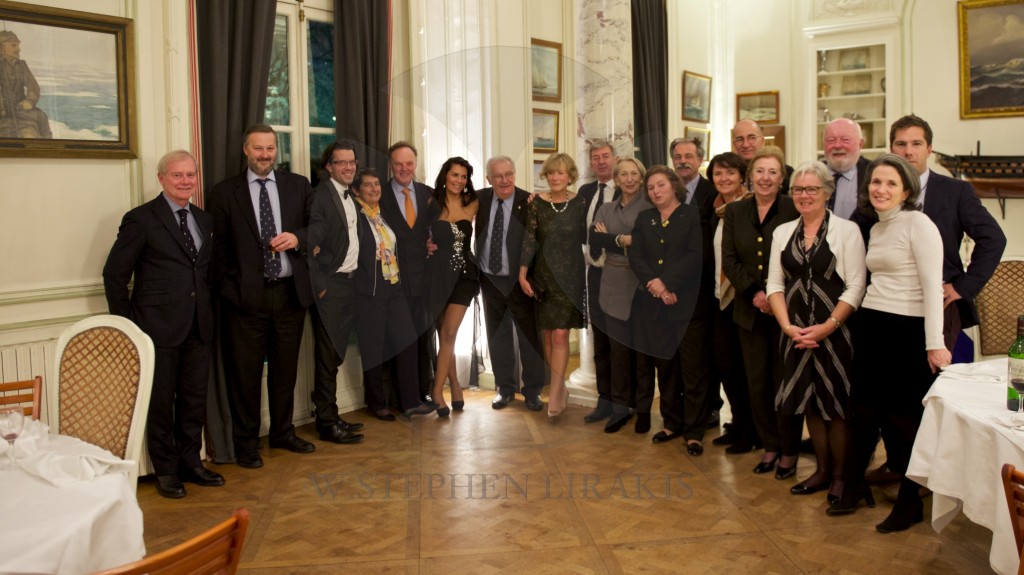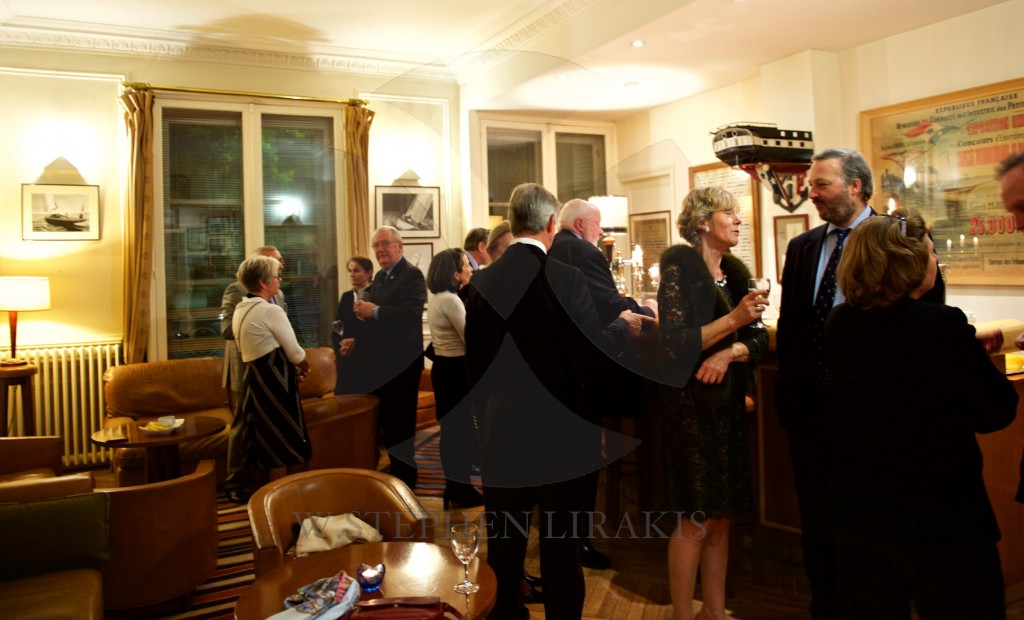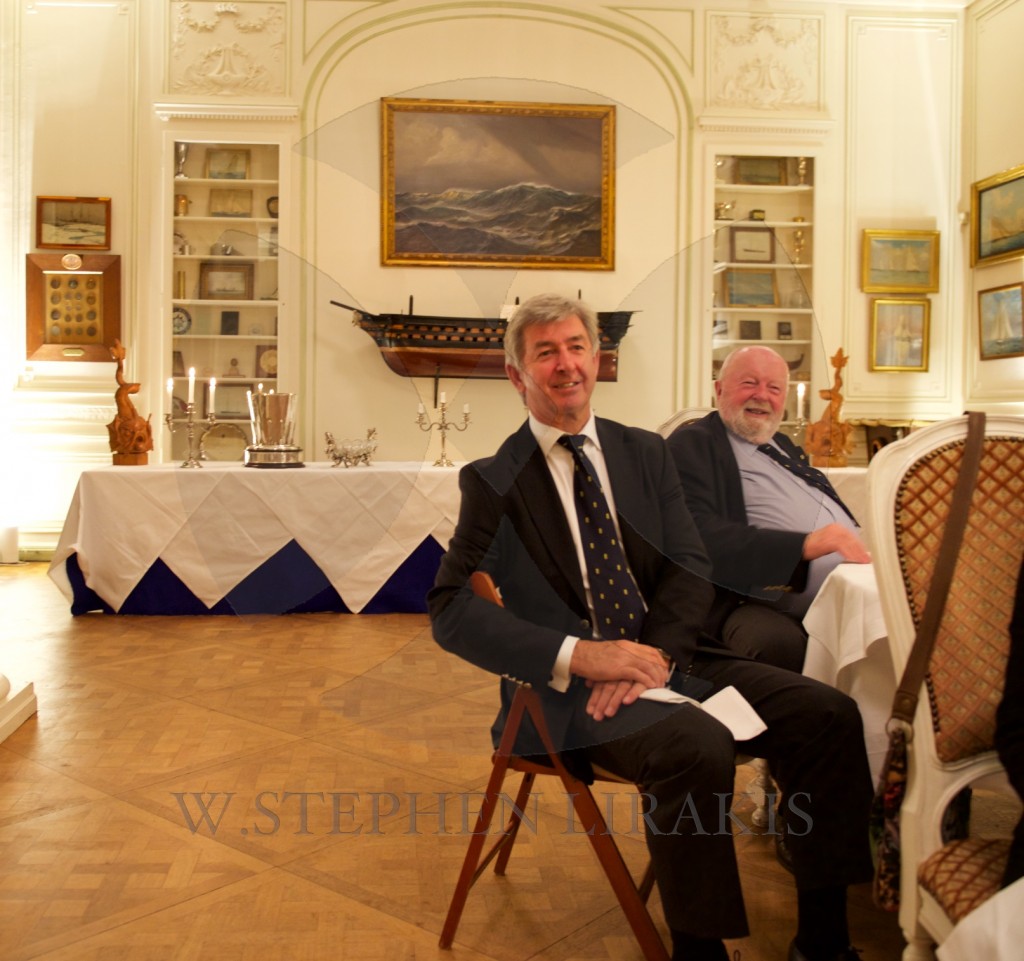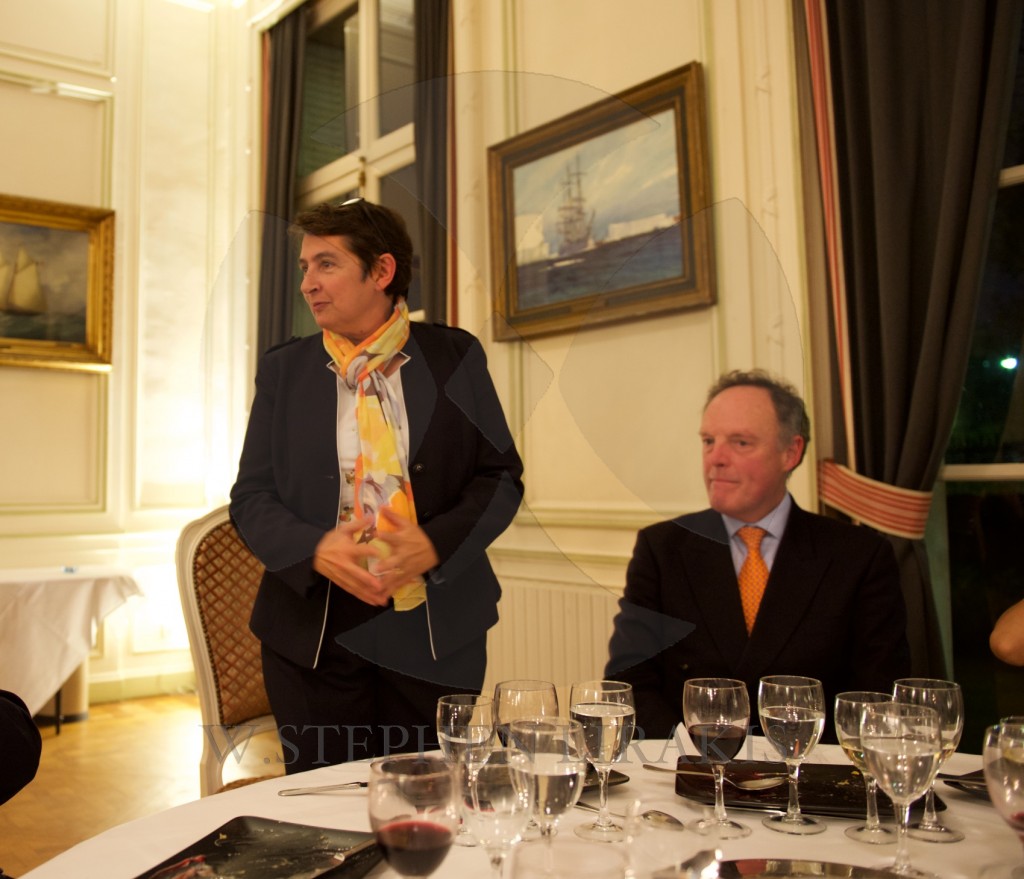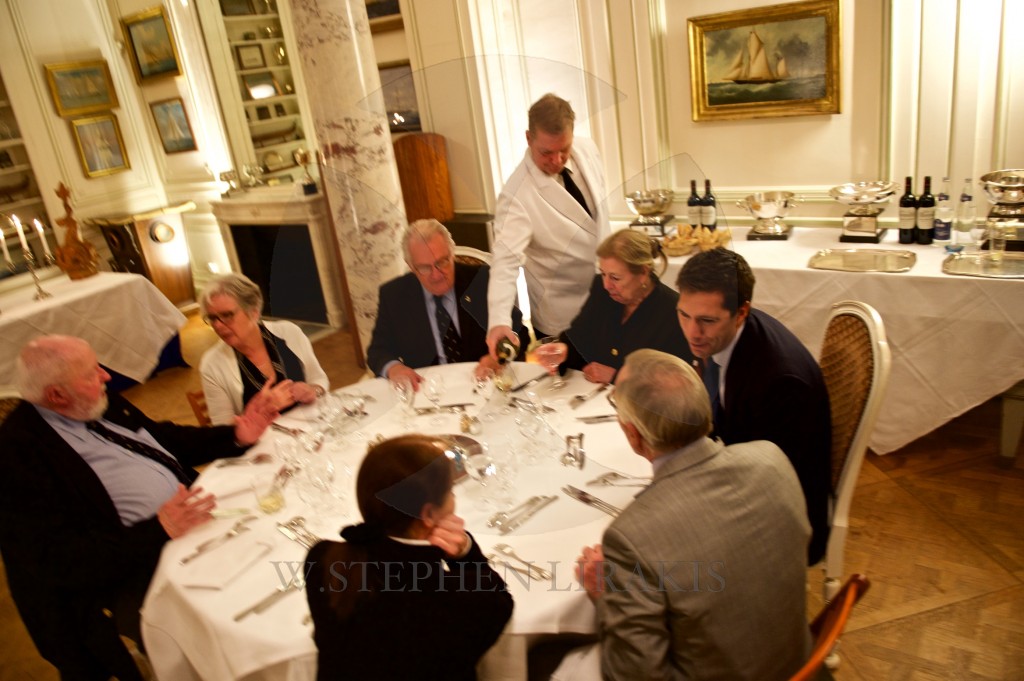This is a story that I have followed with interest. I have always felt that the punishment handed out to Team Oracle during the America’s Cup was very strange. A punishment handed out for something that occurred in a series that actually had nothing whatsoever to do with the America’s Cup event.
I also have trouble believing that Dirk de Ridder could have approved changes to a boat without higher authority approval. I am pleased for Dirk de Ridder.
Dirk De Ridder Suspension Reduced To 18 Months By The CAS
Lausanne, Switzerland: The Dutch sailor and former member of Oracle Team USA, Dirk de Ridder, has had his three-year suspension reduced to 18 months by the Court of Arbitration for Sport (CAS). Mr de Ridder filed an appeal at the CAS in June 2014 against the decisions taken by the Disciplinary Commission (DC) of the International Sailing Federation (ISAF) and the ISAF Review Board in relation to the sailor’s alleged involvement in the manipulation of the weight distribution of AC45 yachts used in the inaugural America’s Cup World Series (ACWS) and the 2013 America’s Cup. The ISAF DC found that he had committed a gross breach of the rule which requires boats to comply with class rules, as well as of good sportsmanship, had brought the sport into disrepute and was therefore open to sanction. The ISAF Review board concurred and imposed a period of ineligibility of three years.
In appealing to the CAS, Mr de Ridder sought to overturn such decisions on the grounds that they were based on insufficient evidence, that the imposed sanction was disproportionate and that the ISAF lacked jurisdiction.
The CAS Panel found that the ISAF had jurisdiction to issue its decisions, and also found, to its comfortable satisfaction, that Mr de Ridder gave instructions, express or implied, to add weight to the forward king post of boat 4 at the Newport Regatta, part of the ACWS competition, held in June/July 2012. However, with respect to the sanction, the Panel found that a period of ineligibility of 3 years was disproportionate in light of the circumstances of the case and compared to previous sanctions imposed by the sailing federation in similar matters.
